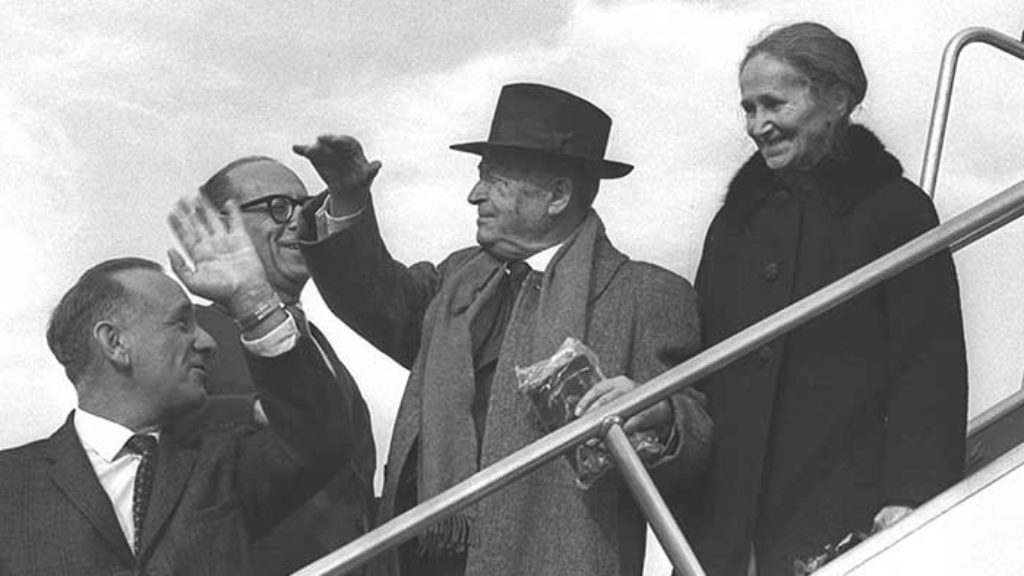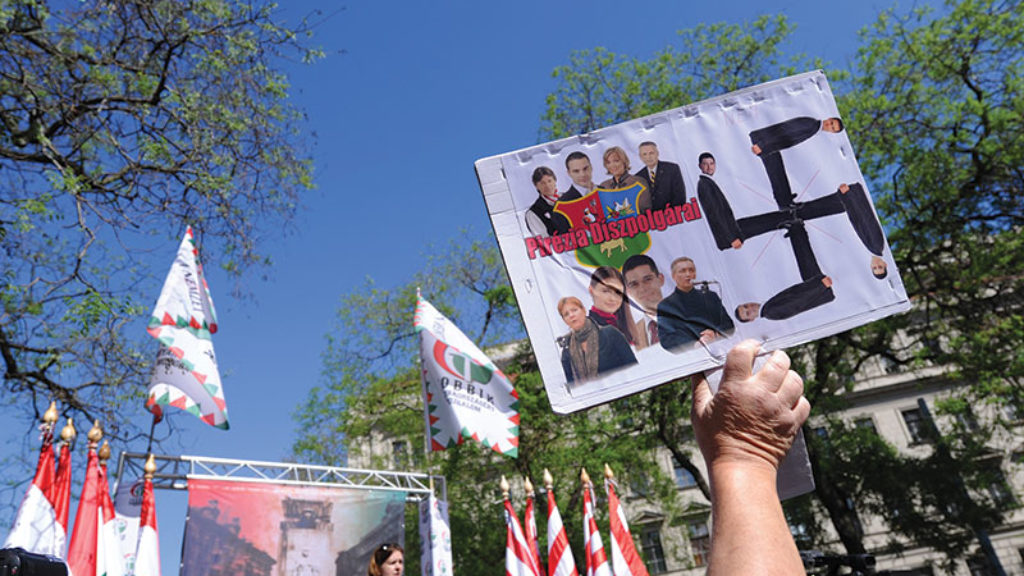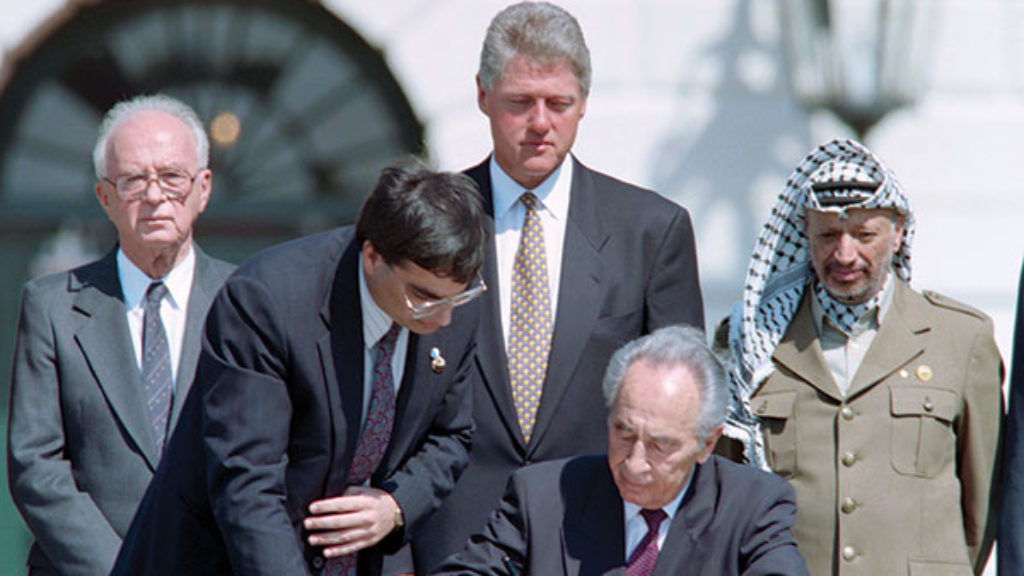
Inside or Outside?
After the discoveries of the Cairo Geniza and the Dead Sea Scrolls, scholars of Judaism slowly began to reconstruct the 400-year period separating the latest parts of the Hebrew Bible from the earliest rabbinic compilations.
Letters, Summer 2017
Ben-Gurion's Yiddish, Foucault on Yom Kippur, Rabin's Solution?, The Lamp and the Flame

On Agnonizing in English
For the Hebrew reader, S. Y. Agnon is not merely canonical, he stands almost outside of time.
Purity and Obscurity
When contemporary Jews of priestly lineage avoid cemeteries, when ordinary Jews wash their hands before eating, or immerse themselves in ritual baths, they are acting according to the dictates of an ancient system.
The Closing of the American Mind Now
Thirty years ago, a book was published that hit, in the words of the New York Times, “with the approximate force and effect of what electric shock-therapy must be like.” How has it held up? And what does that have to do with the Bible?

The End of Europe as We Know It?
Why does Europe, the late 20th century’s greatest success story, now look so chaotic?
The Rogochover Speaks His Mind
After he visited the odd talmudic genius, Bialik said that “two Einsteins can be carved out of one Rogochover.”
The Wandering Reporter
Read 86 years after it was originally published, The Wandering Jew Has Arrived can be seen as a chilling and prophetic piece of historical reportage.

Theater and Politics in Oslo
Veteran Middle East negotiator Itamar Rabinovich gauges the distance between drama and diplomacy in his review of Oslo.
Why the Long Face?
David Grossman's newest novel, winner of the Man Booker International Prize, is an arresting, disturbing read with no obvious punch line but one long face.